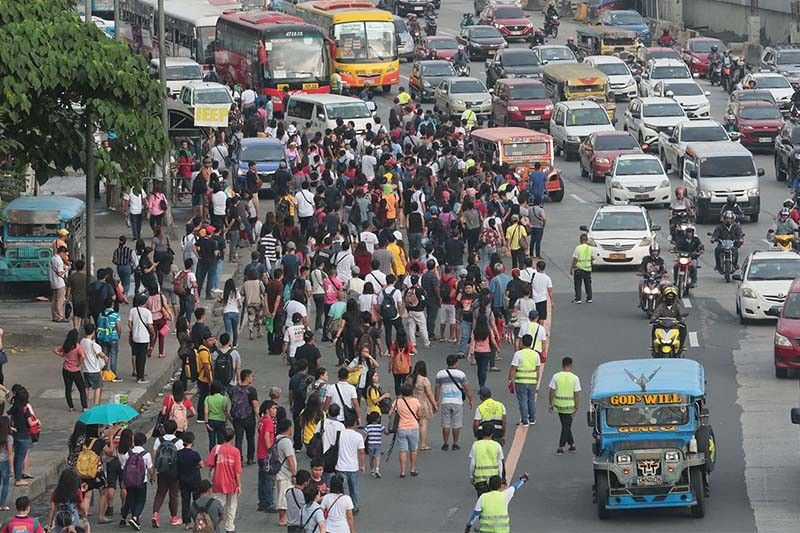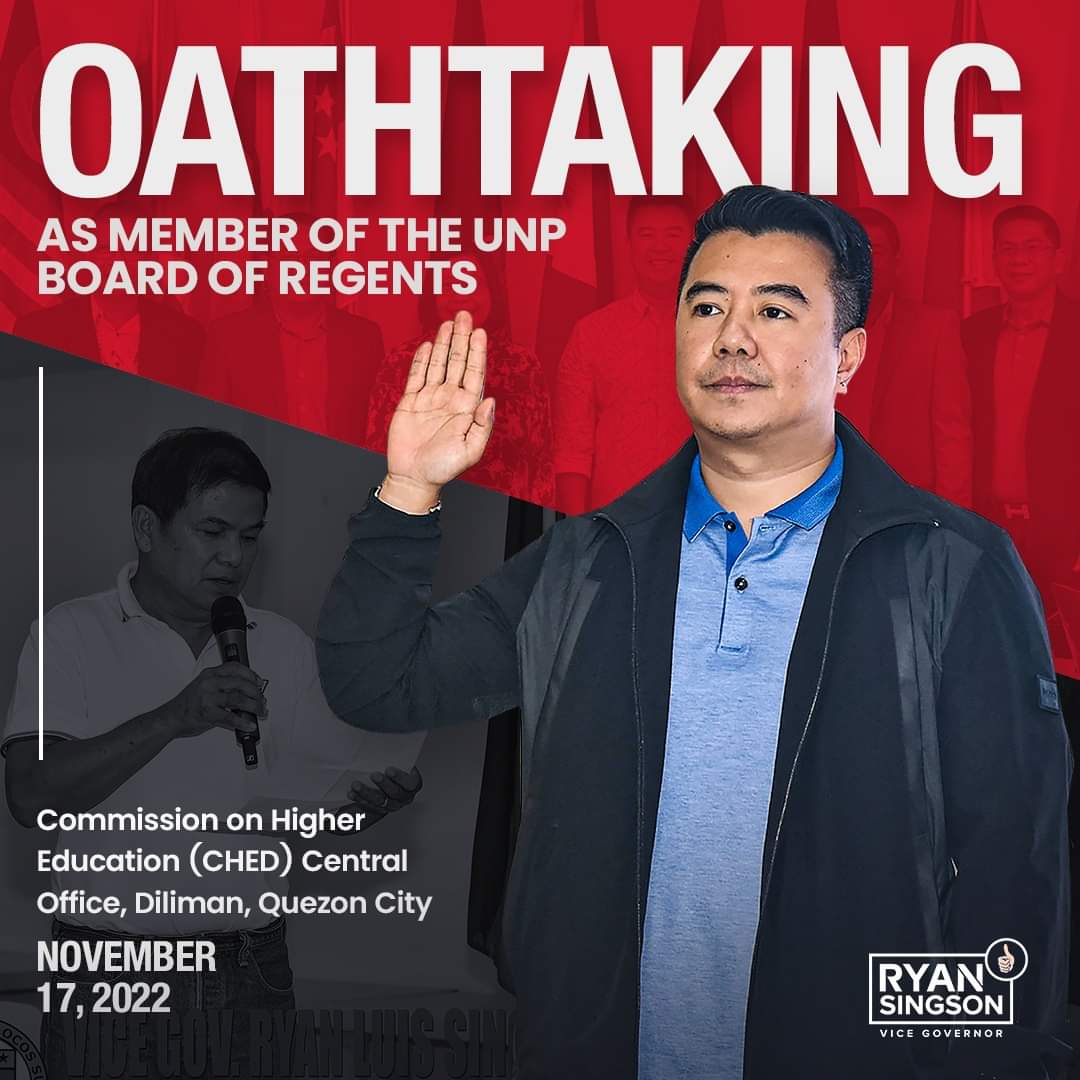THE next administration should move to a different model for public transportation to insulate public utility vehicle operators and drivers from financial risks, transportation advocates said yesterday.
At a forum tackling the "Metro Manila transport challenges and post pandemic issues," Transport economist and city planner Robert Siy said there is a need for the government to try a different business model for public transportation to protect the public transports industry from financial losses.
The panel also includes Dom Hernandez of Pasada Commuter Group and former Senator Nikki Coseteng.
The speakers said the two-year Covid-19 pandemic and the oil price increases gripping the country for several weeks already have forced more operators and drivers out of their livelihood.
"The problem with oil price increase and lockdown, public transportation becomes a loss-making business. Operators and drivers are forced to stay at home because if they go out, they will suffer losses, but in the end, we lose essential service," said Siy, who also writes a column for The Manila Times.
He shared that the Philippine government must now shift into service contracting of the public transport system, to replicate the success of other countries that have adopted it.
"Whenever you see a high quality and reliable public transport service, usually behind that is a system called service contracting," Siy said.
Under the service contracting system, a local government or a national government agree with transport cooperatives or operators to provide the service regardless of the ridership and fare collection.
The government collects the fares but gives a fixed payment to provide the service through a transport operator. It can introduce incentives to make service reliable and high quality, Siy added.
"Last year, and this year, there is a budget for service contracting. Let's use this in order to develop a good working model that public transport operators and drivers will be happy with," he said.
Advocates said the government should also do away with phasing out of traditional jeepneys and its routes in favor of modernized buses.
"Important in this concept is the just transition. In moving to a new model, we should respect existing operators. They should not be subjected to all these risks they are now facing today," he said.
He urged the government to lift the restriction on all public transport and allow as much capacity as possible to operate to prevent Covid-19 from spreading.
"When you have a pandemic, you want less crowding. If you reduce the supply, you will increase the pressure for crowding," Siy said.
Former senator Coseteng accused the government of abandoning the transport industry in failing to immediately provide financial relief measures to bus and jeepney operators and drivers during the lockdown.
"The risk is solely borne by the public transport sector. There's no ayuda (financial aid). It is the government that is killing the transport sector when it ordered buses and jeepneys to stop plying," she said. (The Manila Times)
(Photo credits to: Philstar)








